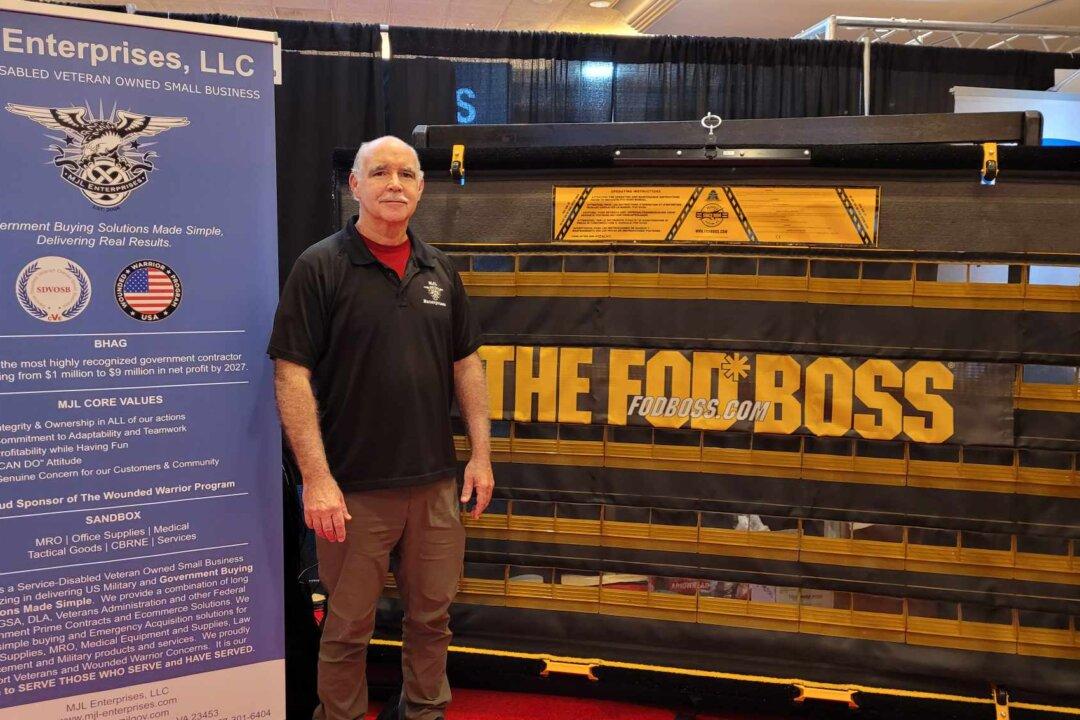A disabled Navy veteran who owns a small business is suing the U.S. Small Business Administration (SBA) in federal court over a contracting program that excludes nonminorities from participating.
Marty Hierholzer filed suit (pdf) recently in the U.S. District Court for the Eastern District of Virginia against the SBA, claiming that his constitutional rights were violated.





